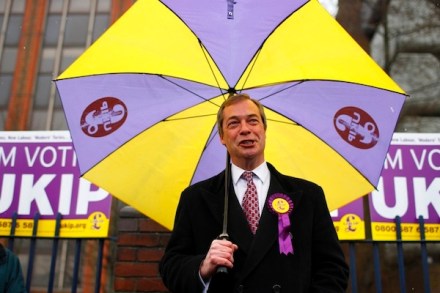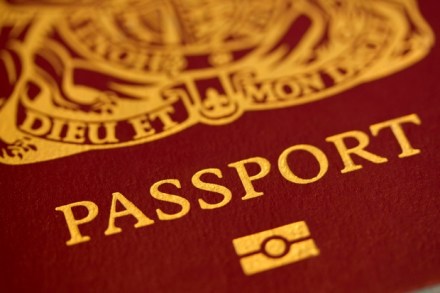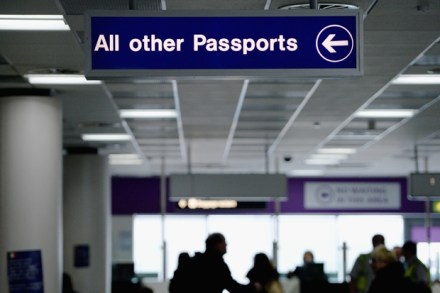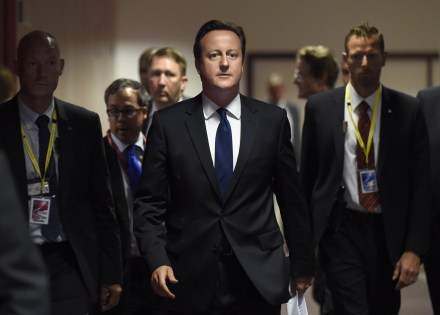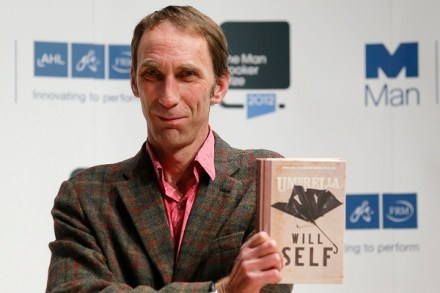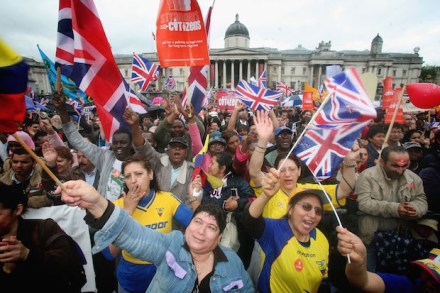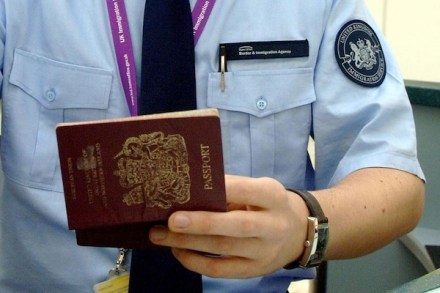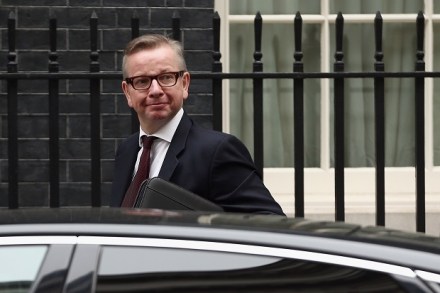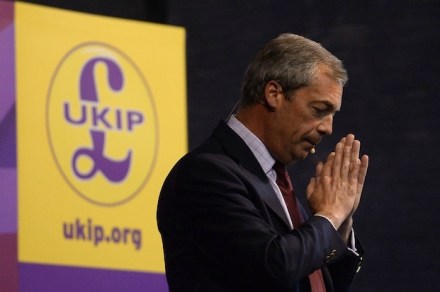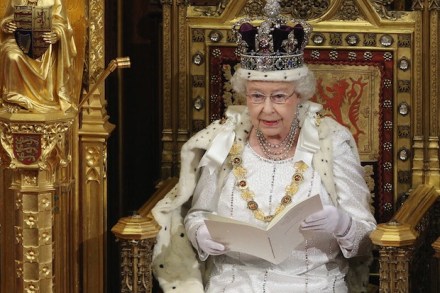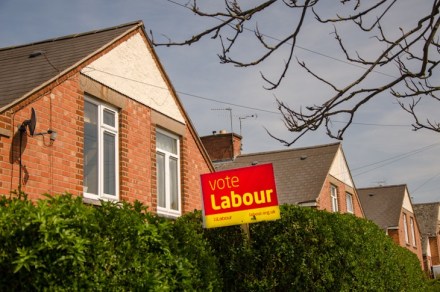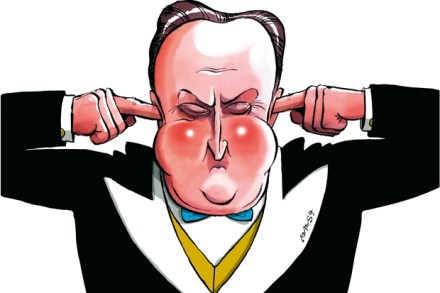The Ukip shuffle: Can the party become more than a one man band?
Nigel Farage has started his long awaited reshuffle of the Ukip top team tonight. Patrick O’Flynn, the former Daily Express journalist, becomes the party’s economics spokesman. Given O’Flynn’s writings, we can be pretty sure that he’ll make taking the middle class out of the 40p tax band one of Ukip’s defining policies. Steven Woolfe becomes migration spokesman. His tweets tonight indicate that his main emphasis will be how EU membership skews Britain’s immigration policy in favour of low skilled EU citizens and against high skilled people from the rest of the world. There’s no word yet on the other front bench roles. There’ll be particular interest in what role Diane
